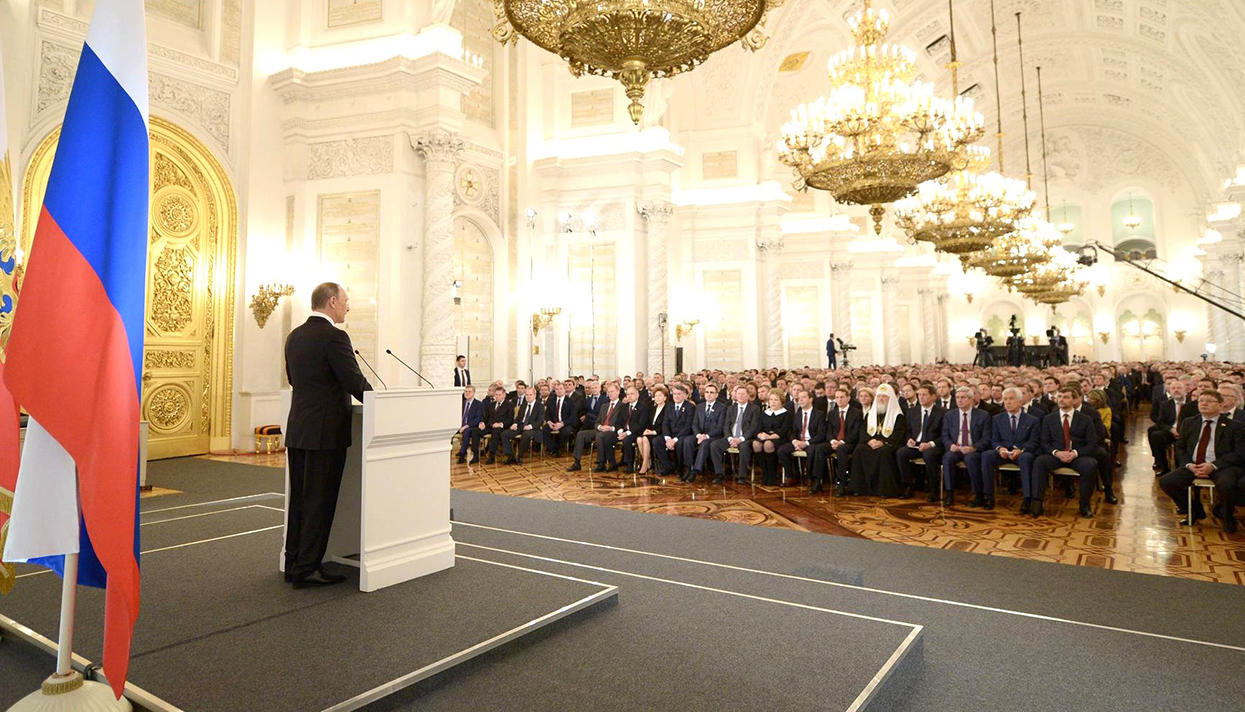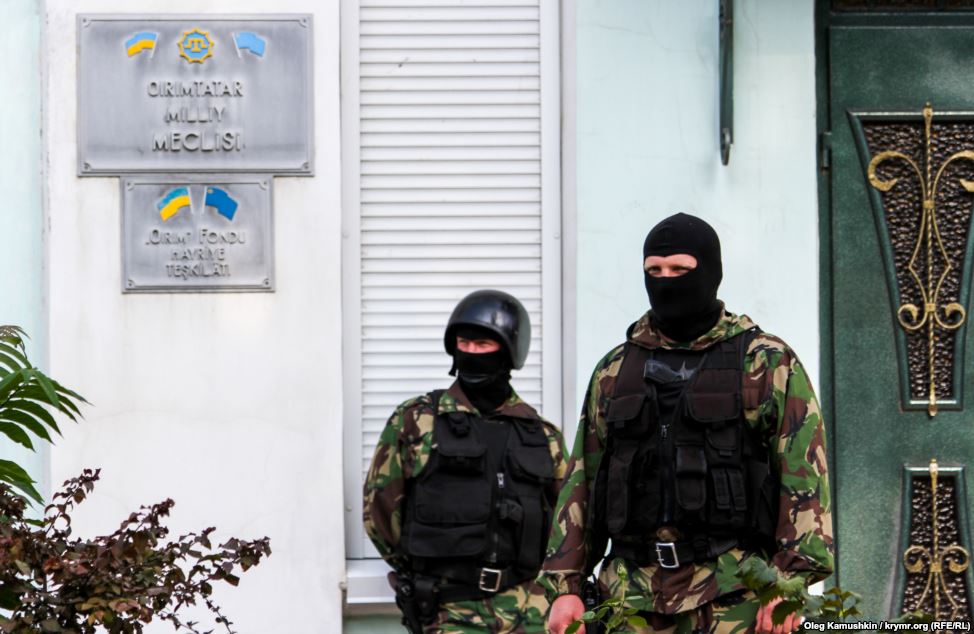These are the two words that come to mind when evaluating the first results of the early elections to the Ukrainian Parliament. If we think about it, has there been a really Ukrainian Parliament that worked until 2014? Even Ukraine’s independence was declared on August 24, 1991 by a Verkhovna Rada in which the supporters of sovereignty were an obvious minority. However, the majority included communists, the ‘leading CPSU ranks,’ as the Communist Party of Ukraine was called in Soviet Propaganda compilations.
Their decision in favor of independence was tied to fear. Fear in the face of the people who gathered in front of the parliament – of course, it was far from Maidan, but the communists were no convinced that something could protect them from the angry citizens. And fear in the face of Yeltsin’s Russia, in which the communist party had just been prohibited.
The communists declared Ukraine’s independence but they never went anywhere. Just like many other former Soviet republics, they simply found new forms of existence in the conditions of a crumbling planned economy and the victory of ‘oligarchical’ capitalism. Yanukovych’s Party of Regions is the same CSPU-related fantasy as Putin and Medvedev’s Yedinaya Rossiya. However, the late Viktor Cheronomyrdin had so much to say about this, that I have nothing to add to his exhaustive formulation. And despite the fact that the number of supporters of sovereign statehood in the Parliament constantly increased, Rada’s main conflict has persevered since 1991. It was a conflict between those who wanted to build a sovereign European state and those who continued to feel like fighters from the ‘CPSU’s leading ranks’ and viewed Moscow as the main capital of the country and not Kyiv.
The new Parliament is the First Ukrainian Parliament because the positions of the collaborationists in the Verkhovna Rada have now been severely undermined by Maidan and the consequential occupation of Crimea and Donbas. For the vast majority of the MP’s the capital is now in Kyiv and Moscow is only the main city in an aggressor state, relations with which are unlikely to normalize in the foreseeable future. But at the same time it is also the first European Parliament which demonstrated that Ukrainian society has room for various opinions: from the strive to support the current government parties with their reformist preferences to seeking a ‘third power’ in the shape of Samopomich party lead by Lviv Mayor Andriy Sadoviy, populism, represented by Oleh Lyashko’s projects and ethnic nationalism, which once again brought success (though it is smaller than before) to the Ukrainian Union Svoboda.
If you glance at a Parliament in any Central European country Ukraine shares a border with, you will discover a similar cocktail. So all of us now have a unique opportunity to see how this ‘First Ukrainian’ Parliament will work, in which no time will be wasted on convincing the colleagues that Ukraine is not a geographical misunderstanding but simply a country.
Will talk of reform become reform? Will corrupt schemes and illicit lobbying of oligarchical interests be reduced to nought? How will the oligarchs feel in general: will they not become the masters of this Ukrainian Parliament as they have been the rulers of the previous, non-Ukrainian parliaments? In reality, the survival of both the MP corps and the Ukrainian state depend on the answers to these questions.
In reality, we are well aware that the First Ukrainian is not a Parliament. The First Ukrainian is a front.





